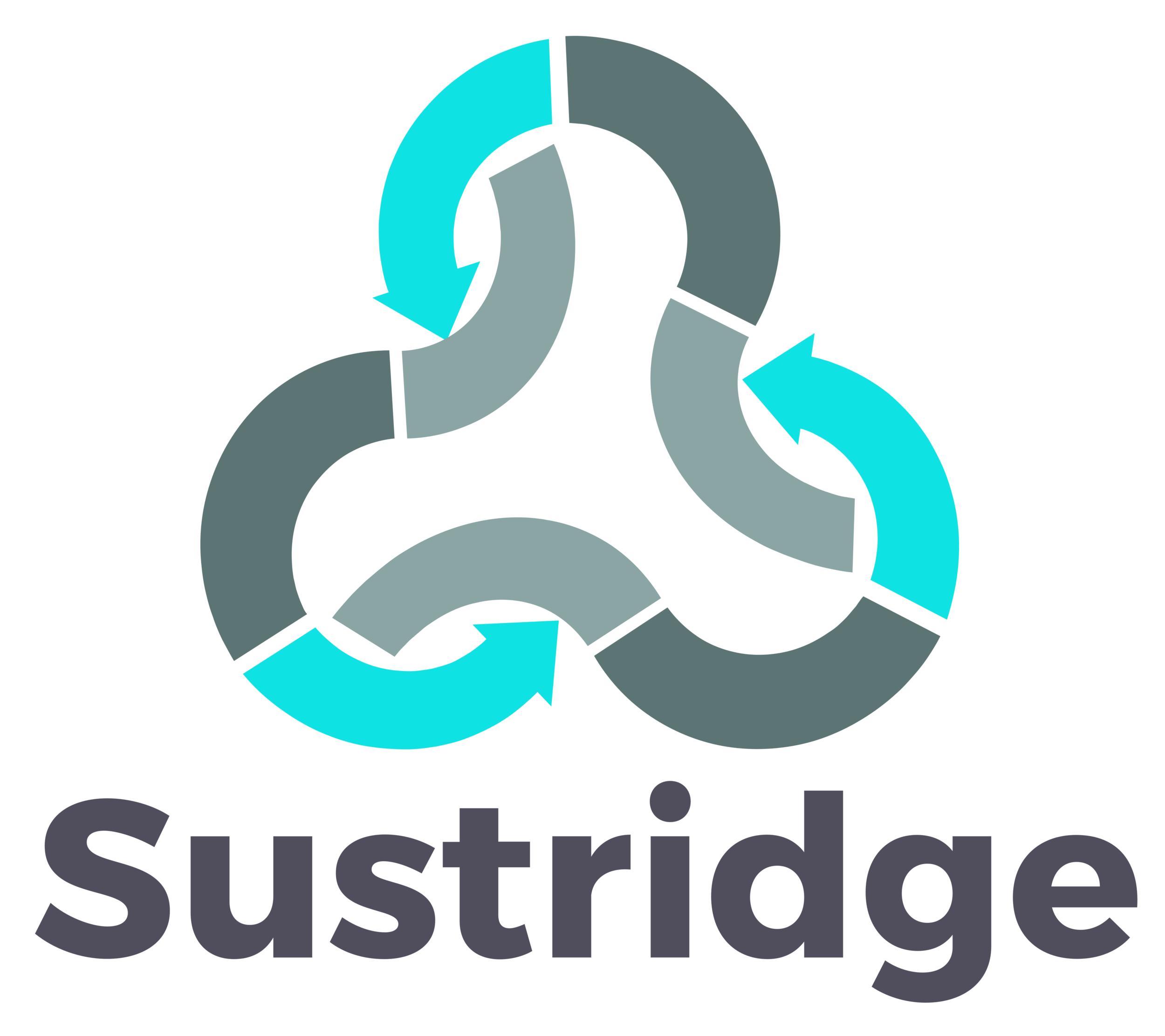Why Auditors Can’t Save Carbon Offsets—and What Sustainability Leaders Should Do Instead
The appeal of carbon offsets has always been simple: fund lower-cost emissions reduction projects elsewhere to “cancel out” your own. But as the latest research published in Science makes clear, the reality is far murkier and far more troubling.
The article, “Auditors Can’t Save Carbon Offsets” by Cynthia Giles and Cary Coglianese, offers a sobering diagnosis of the voluntary carbon market: more than 80% of issued carbon credits may not represent real, additional, or permanent emissions reductions. What’s worse, third-party auditors, touted as the system’s last line of defense, are not just failing to protect credit integrity. They’re part of the problem.
More than 80% of issued carbon credits may not represent real, additional, or permanent emissions reductions.
As sustainability consultants and corporate ESG leaders, we need to talk about what this means for our work and how we adapt.
The Structural Flaws in Offset Auditing
The article identifies a systemic issue that will resonate with anyone who has worked inside the offset space: auditors are paid by the project developers they’re supposed to scrutinize. This creates a fundamental conflict of interest.
Auditors, like any human, are prone to self-serving bias especially when:
The subject matter is complex or ambiguous
They are reviewing others’ claims, not making their own
The immediate risk of disapproval is financial, while the risk of being wrong is distant or invisible
This is not just theory. The authors reference a field experiment in India showing that independent, centrally-paid auditors reported 50–70% higher emissions than those paid directly by the firms being audited.
Even more damning: a review of 95 Verra-registered projects with later-confirmed overclaiming found that 21 out of 33 Verra-certified auditors were involved. This isn’t about a few bad apples, it’s about a flawed system where almost everyone is incentivized to look the other way.
Why This Matters Now
The pressure to rely on offsets is rising—especially as companies grapple with hard-to-abate Scope 3 emissions. But the current system is not ready for that pressure. As demand increases, so too does the temptation to inflate credit claims. And as the article notes, “all key market participants benefit from inflated claims”—developers, registries, and auditors alike.
Meanwhile, corporate climate targets are increasingly under scrutiny. If your offset strategy hinges on credits that don’t actually reduce emissions, your climate claims could quickly unravel, bringing legal, reputational, and investor risks with them.
Our Take: What Companies and Consultants Should Do
At Sustridge, we’ve long advocated for skepticism and rigor in offset strategies. Based on the evidence from this article and our own experience, here’s what we recommend:
For Corporates:
Reposition offsets as a last-mile solution, not a core strategy. Prioritize direct emissions reductions and supplier engagement before leaning on credits.
Vet offset projects with deep due diligence. Use independent third-party evaluators not tied to credit issuance revenue.
Be transparent. If you are using offsets, communicate assumptions, methodologies, and project risks openly in your sustainability reporting.
Prepare for evolving standards. Regulatory bodies and rating agencies are tightening expectations around offset quality and disclosures.
For Consultants:
Advise clients with caution and integrity. Avoid one-size-fits-all offset recommendations and instead guide companies toward a strategy grounded in mitigation hierarchy.
Pressure-test claims. Just because a registry approved a credit doesn’t make it credible. Ask hard questions.
Stay current. Keep clients updated on the rapidly evolving science, methodologies, and legal frameworks governing carbon credits.
The Bottom Line
Carbon markets are not inherently broken. But trust in them depends on trust in their safeguards—and right now, that trust is not warranted. Unless and until we redesign the auditing structure, we must operate with clear-eyed realism.
This is a turning point. We can continue pretending the system works—or we can push for real change and help clients chart a smarter path forward.
Need help building a credible emissions reduction strategy without leaning too heavily on offsets?
Sustridge helps companies align their climate actions with best available science, policy, and stakeholder expectations. Reach out anytime. We’re happy to support your journey.

